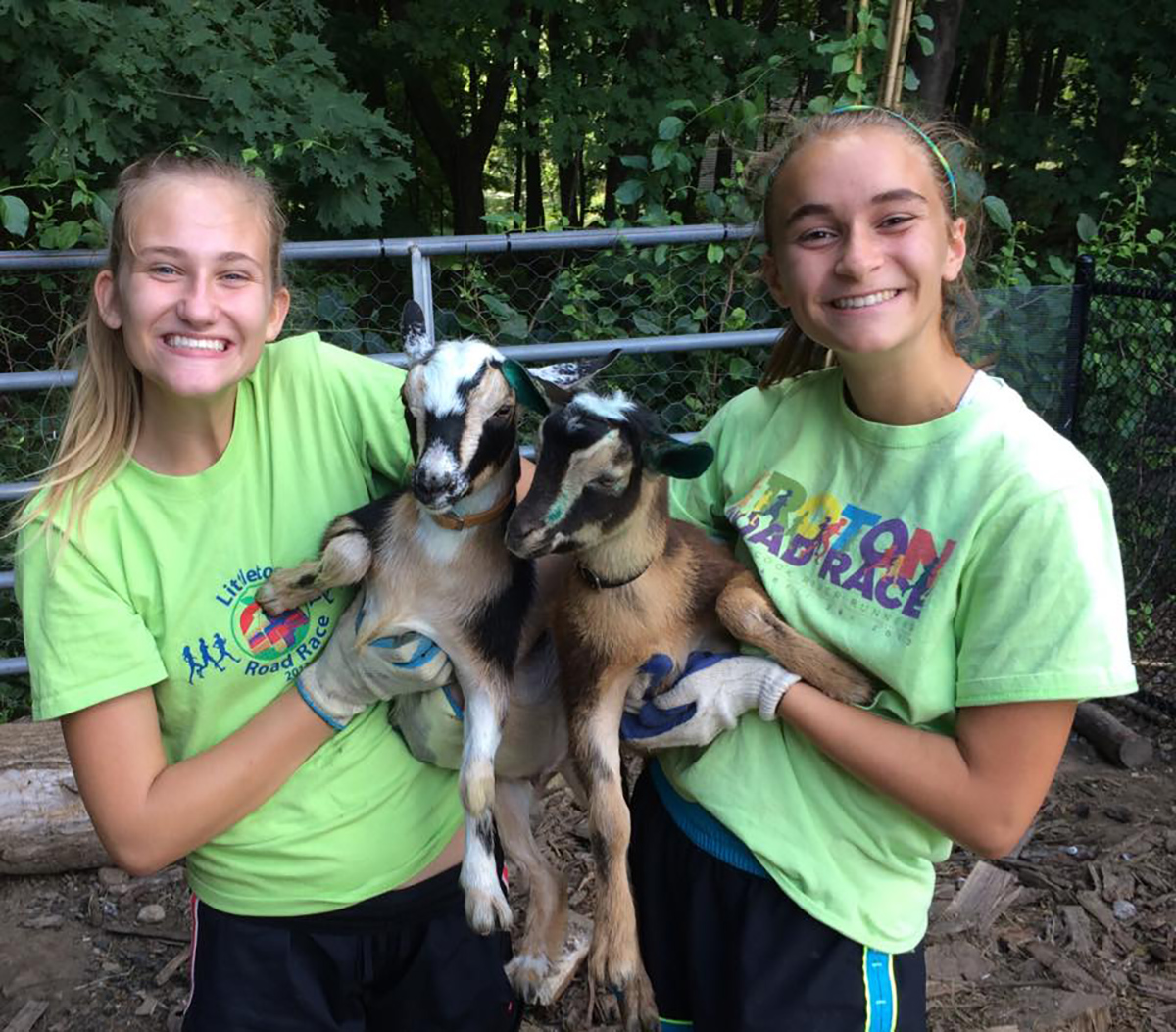A Farm in Acton Wants to Change Traditional Conceptions of Mental Health
At Cultivate Counseling Center in Acton, there are no $300-per-hour therapy sessions. Diagnoses are not required. Insurance is not an issue. Instead, patients of all ages that are seeking to improve their mental health can milk goats, go on mindfulness walks, and spend time enjoying the 150 acres surrounding Cultivate’s working farm.
“There’s a lot of power that comes from riding a horse and learning how to control a 1,200 pound animal when you’re just a 60 pound kid,” explains founder Andrew Lapin. “Or the process of working with the sheep and seeing how skittish they might be, but over time they learn to trust.”
That’s the basis of Cultivate’s entire outpatient therapy business, which began in March of this year and is based on the Dutch farm care model: Using nature and working on the farm to empower patients, either through group or individual sessions. A patient’s visit could include anything from gardening to making soap, teaching visitors about farming and food production to supplement counseling.
Lapin says that time spent outside can be incredibly powerful for those seeking mental health treatment, especially given today’s tech-obsessed culture, in which people spend far more time with their phone than they do working with their hands. “We really believe you can’t treat your mind without treating your body,” he says. “Your mind isn’t this abstract thing out there; it exists within your body, so you have to address both needs.”
And while subbing bleak therapists’ offices for the Massachusetts countryside may be Cultivate’s biggest claim to fame, it isn’t the only way the center is challenging traditional notions of mental health care. Instead of requiring an official diagnosis, for example, anyone is welcome to come for treatment. “[The goal] can just be figuring out my identity or learning to become assertive—these are things that don’t require a diagnosis,” Lapin says, adding that many of Cultivate’s patients do have clinical conditions as well. “We want to move away from a diagnosis and just focus on treating people.”
Lapin says part of Cultivate’s mission is also removing the financial and logistical challenges associated with traditional therapy. Group sessions, which run for 10 weeks, cost only $30 per meeting, and allow patients to skip the often months-long waiting list that typically comes with community or private practice care. Cultivate’s programs also come with tangible measures of success, Lapin says, since they involve building measurable skills through hands-on work on the farm.
“Traditional therapy says, ‘I’m going to give you these coping skills,’ but there’s no opportunity to practice them,” Lapin says. “There’s no place to observe, am I doing this right? Is this what you meant, therapist? Here, you can really see what your self-healing looks like.”



